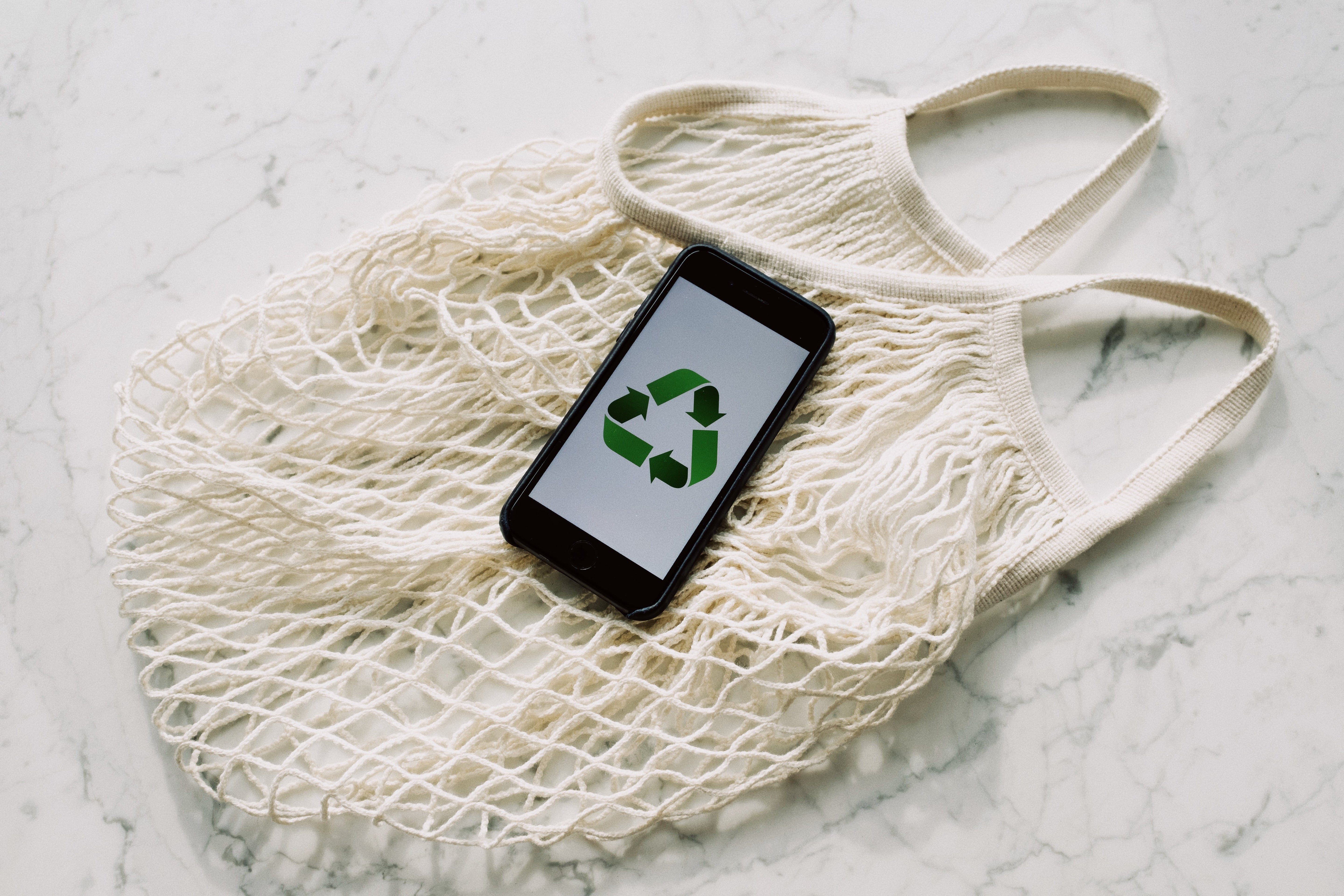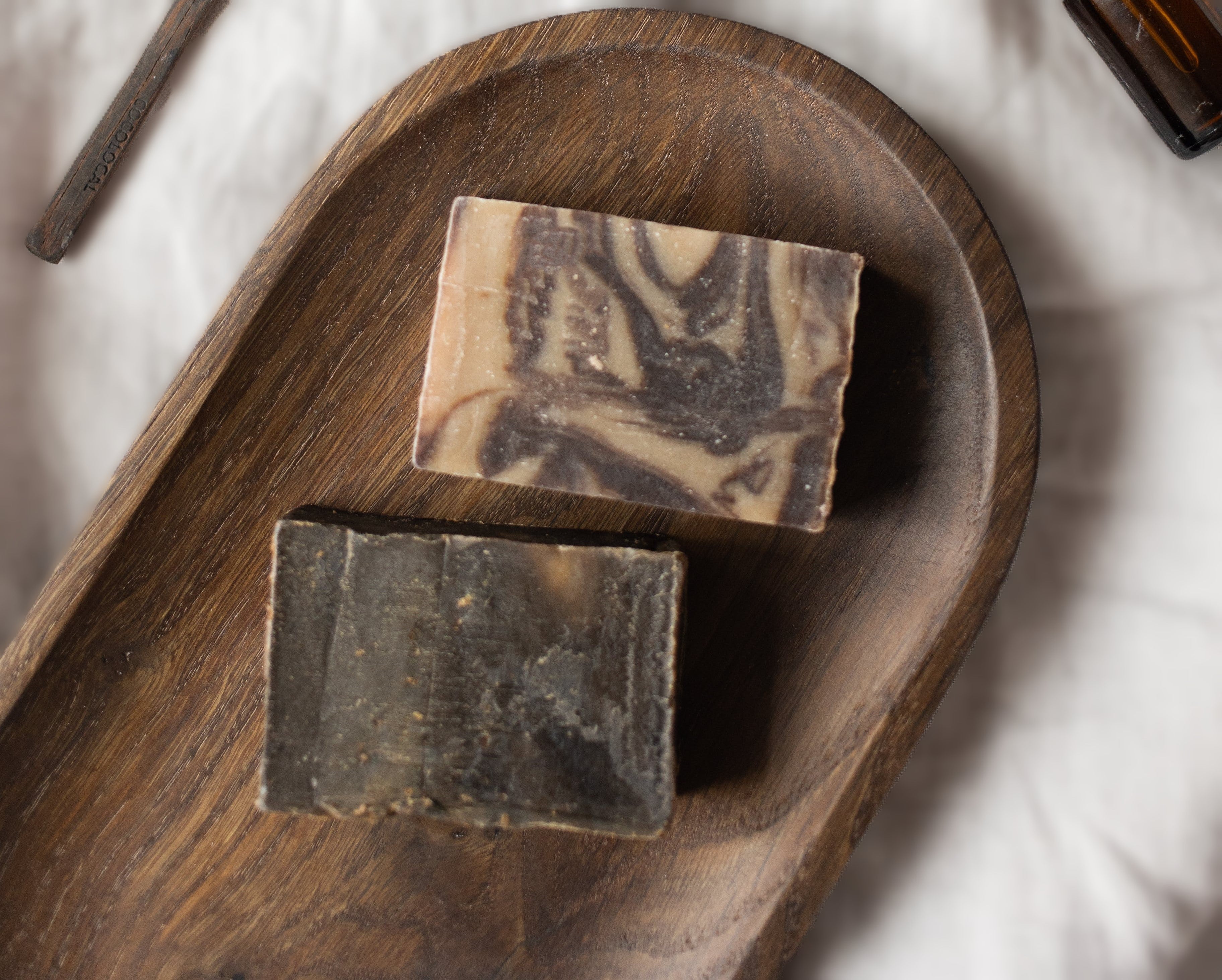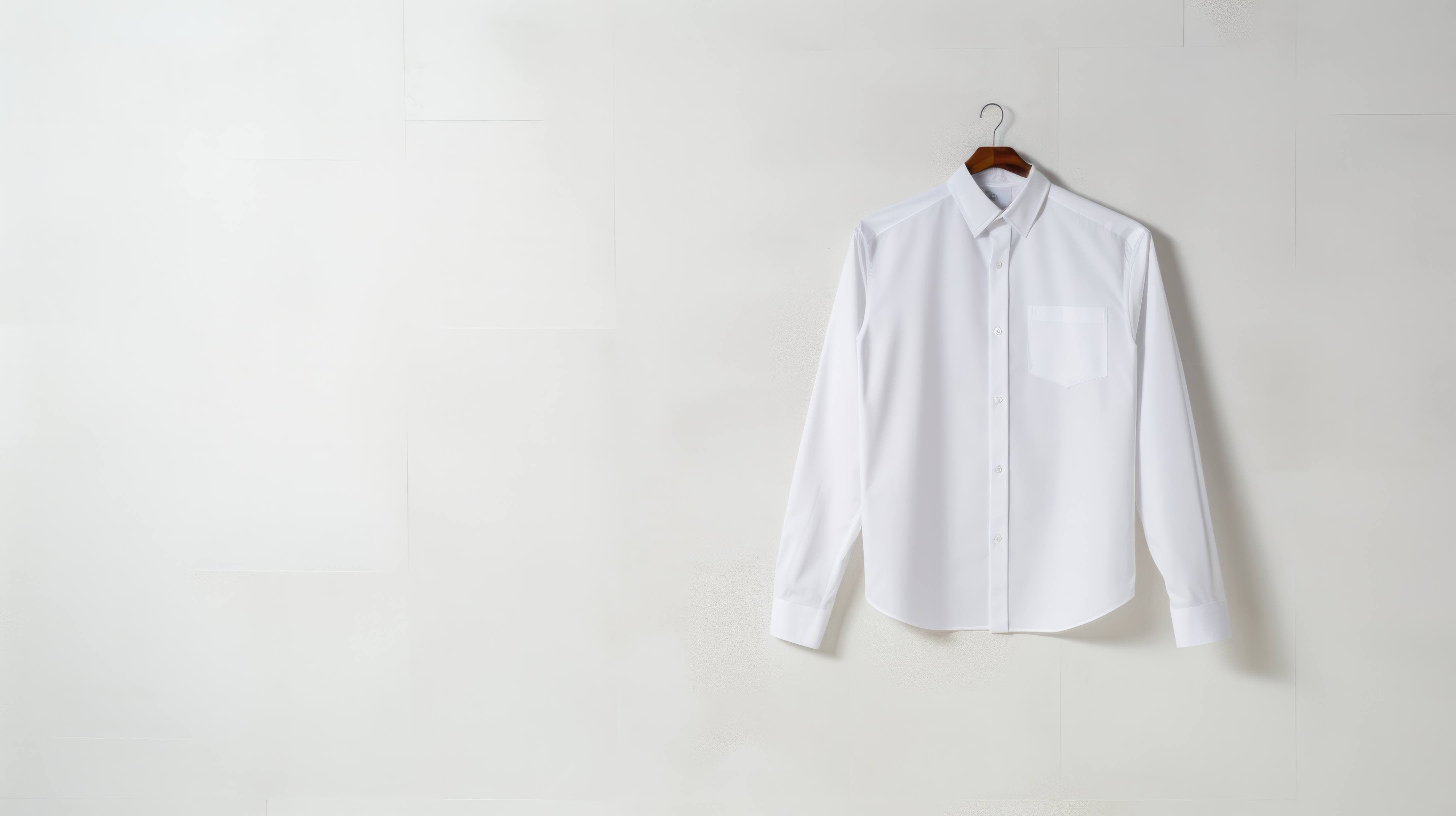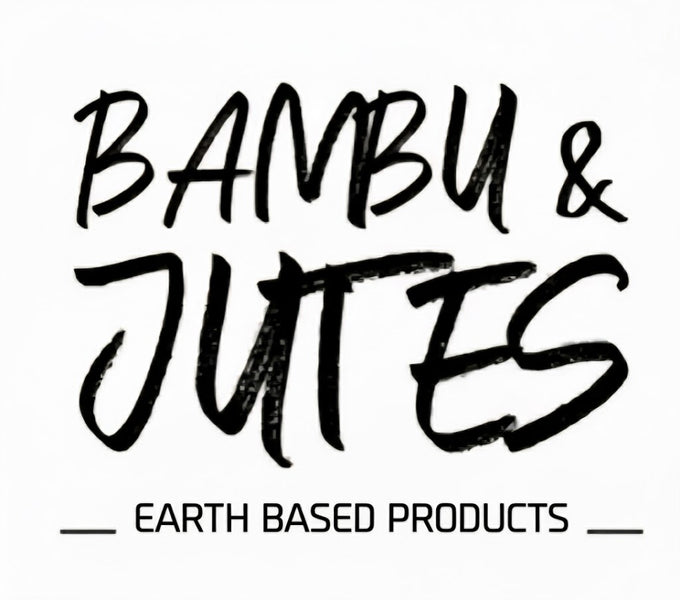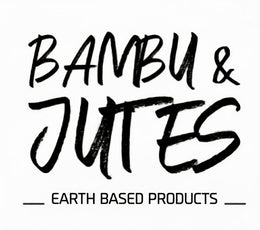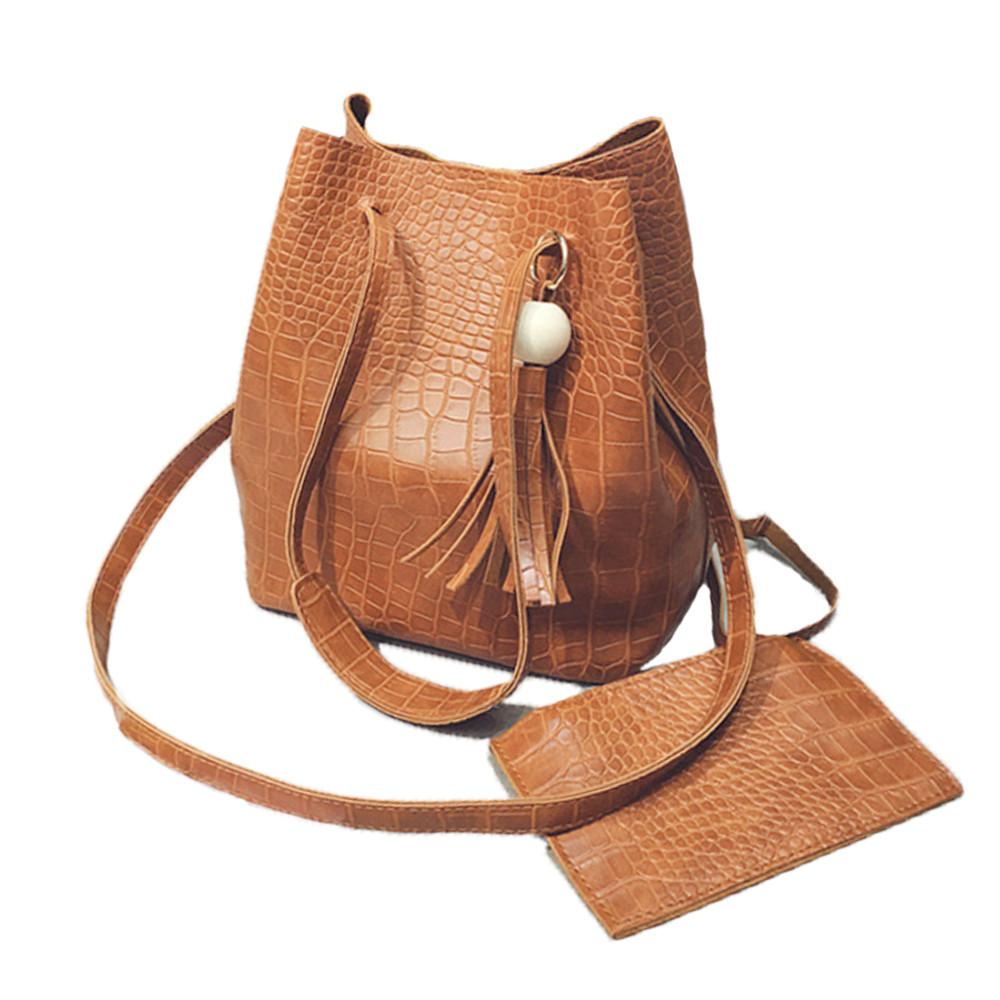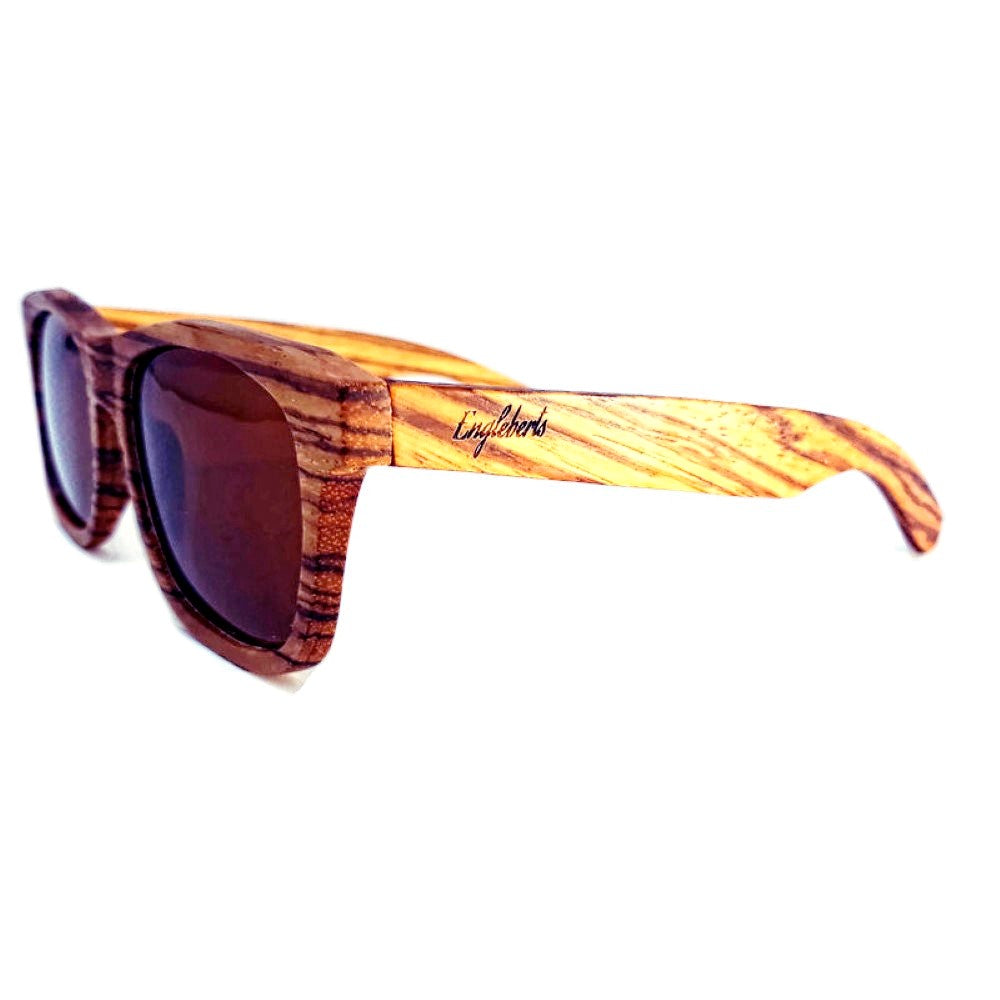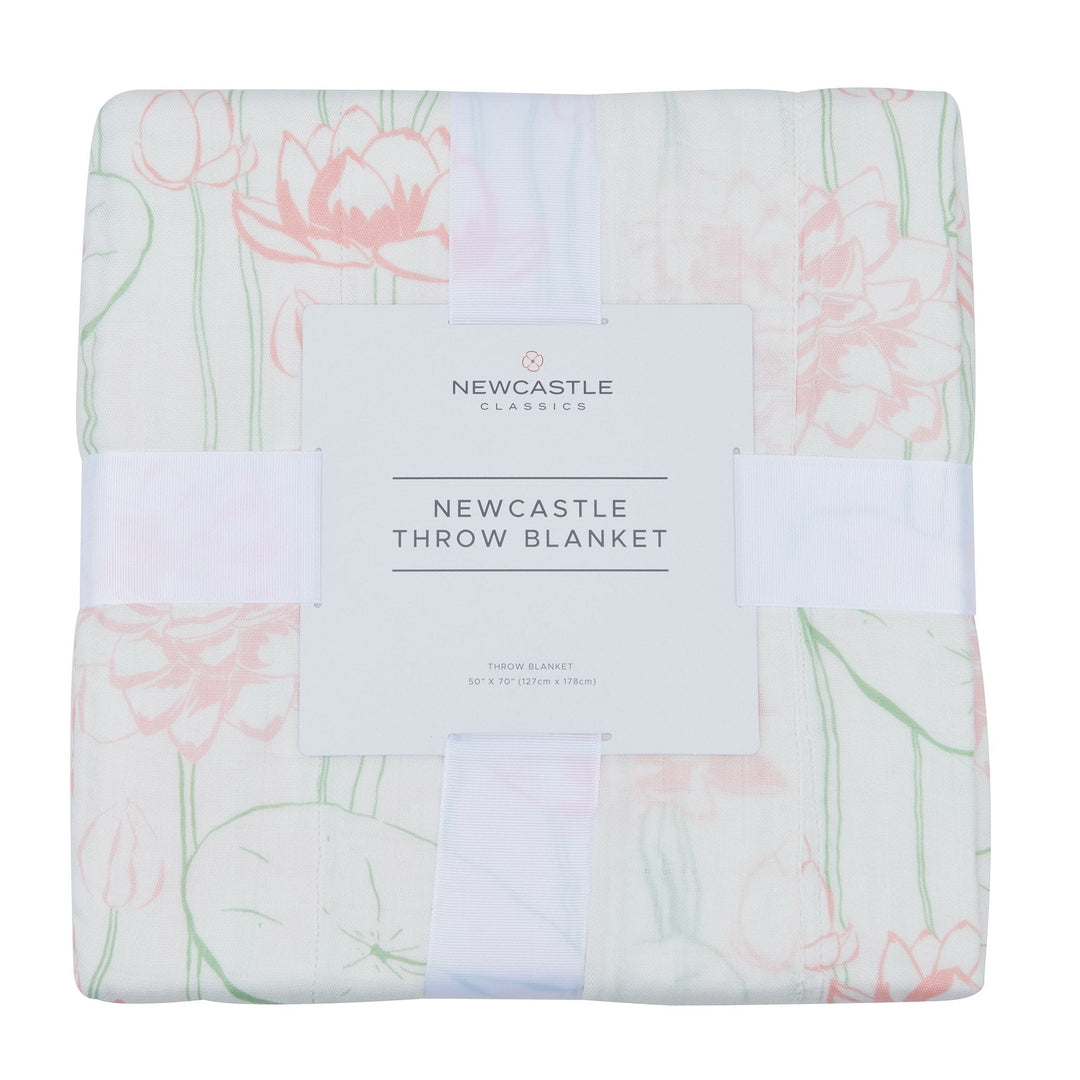The Rise of Vegan Leather: A Compassionate and Sustainable Alternative

In recent years, the fashion and design industries have witnessed a significant shift towards sustainability and ethical production, with vegan leather emerging at the forefront of this transformation. Vegan leather, also known as synthetic or faux leather, is a material that mimics traditional leather but is made without using any animal products. This innovative material is not only a testament to human ingenuity but also a beacon of hope for environmental sustainability and animal welfare.
Understanding Vegan Leather
Vegan leather can be made from a variety of materials, including polyurethane (PU), polyvinyl chloride (PVC), and innovative natural materials like pineapple leaves, cork, apple peels, and other fruit waste. These materials are engineered to replicate the aesthetic qualities of traditional leather while being animal-friendly.
The Moral Compass
One of the most compelling arguments for the adoption of vegan leather is its cruelty-free nature. Traditional leather production often involves practices that raise significant ethical concerns regarding animal welfare. By contrast, vegan leather offers a guilt-free alternative, ensuring that fashion and functionality do not come at the cost of animal lives.
Environmental Impact
The production of traditional leather has a substantial environmental footprint. It involves animal rearing, which contributes to greenhouse gas emissions, and the tanning process, which often uses harmful chemicals. Vegan leather, particularly when made from natural and sustainable materials, presents a lower environmental impact. For instance, materials like pineapple leaves are byproducts of existing agriculture, and their utilization adds value to what would otherwise be waste.
Quality and Durability
Initially, vegan leather faced criticism regarding its durability and quality. However, recent advancements have significantly bridged this gap. Modern vegan leathers are not only comparable in durability but also in the luxury feel to their animal-derived counterparts. Designers and consumers no longer have to compromise on quality when choosing ethical alternatives.
The Fashion Industry's Embrace
The fashion industry, once heavily reliant on animal leather, is increasingly turning towards vegan leather. Luxury brands are introducing vegan leather lines, signaling a paradigm shift in high-end fashion. This trend is not limited to niche markets; it's becoming mainstream, with affordable fashion brands also incorporating vegan leather into their collections.
Consumer Awareness and Demand
A significant driver of this shift is the growing consumer awareness and demand for ethical, sustainable products. The modern consumer is more informed and concerned about the impact of their purchases on the environment and animal welfare. This conscientious consumerism is pushing brands to rethink their material choices.
Technological Advancements
Advancements in technology have played a pivotal role in the development of high-quality vegan leather. Innovations in material science have enabled the creation of vegan leathers that are not only eco-friendly but also superior in texture, durability, and versatility.
The Road Ahead
While vegan leather is a step in the right direction, it's important to acknowledge that some forms of synthetic vegan leather, particularly those based on plastics like PVC, still pose environmental challenges. The future of vegan leather lies in continuing to innovate and develop materials that are both ethical and environmentally sustainable.
Wrapping it up
The emergence of vegan leather is a reflection of a changing world, one that values sustainability, ethics, and innovation. As technology advances and consumer awareness grows, vegan leather stands out as a beacon of hope for a more compassionate and sustainable future in fashion and beyond. By embracing this remarkable material, we move closer to a world where style and ethics coexist in harmony.
